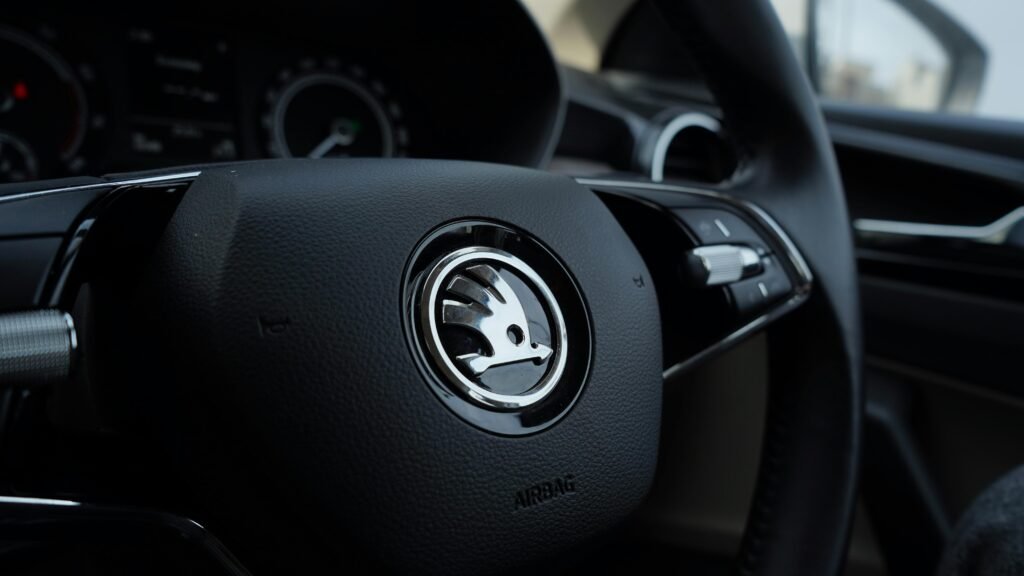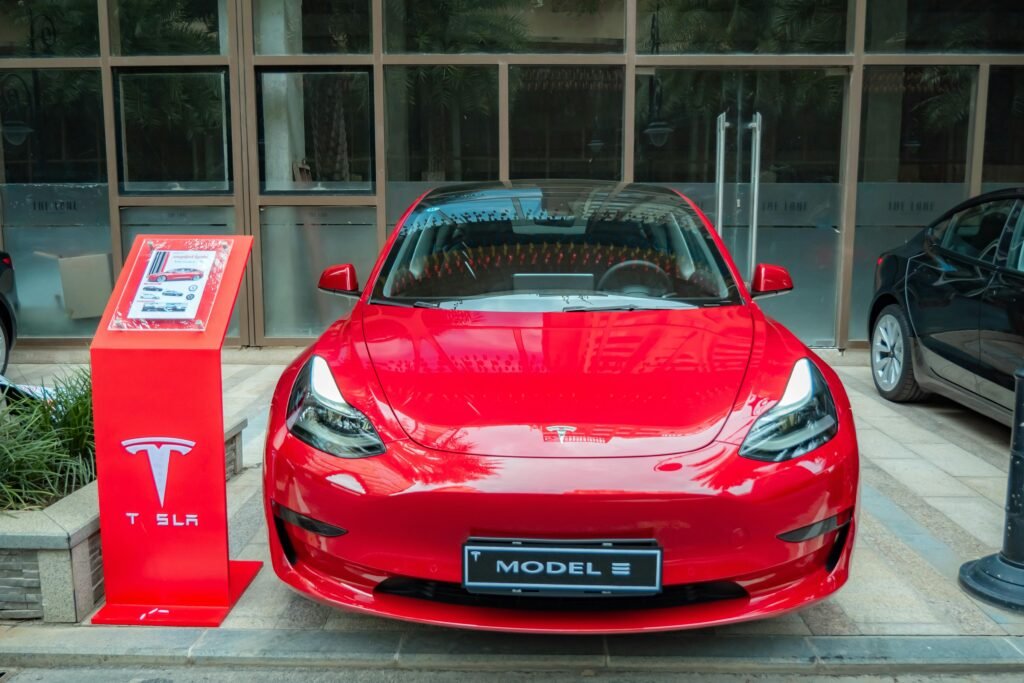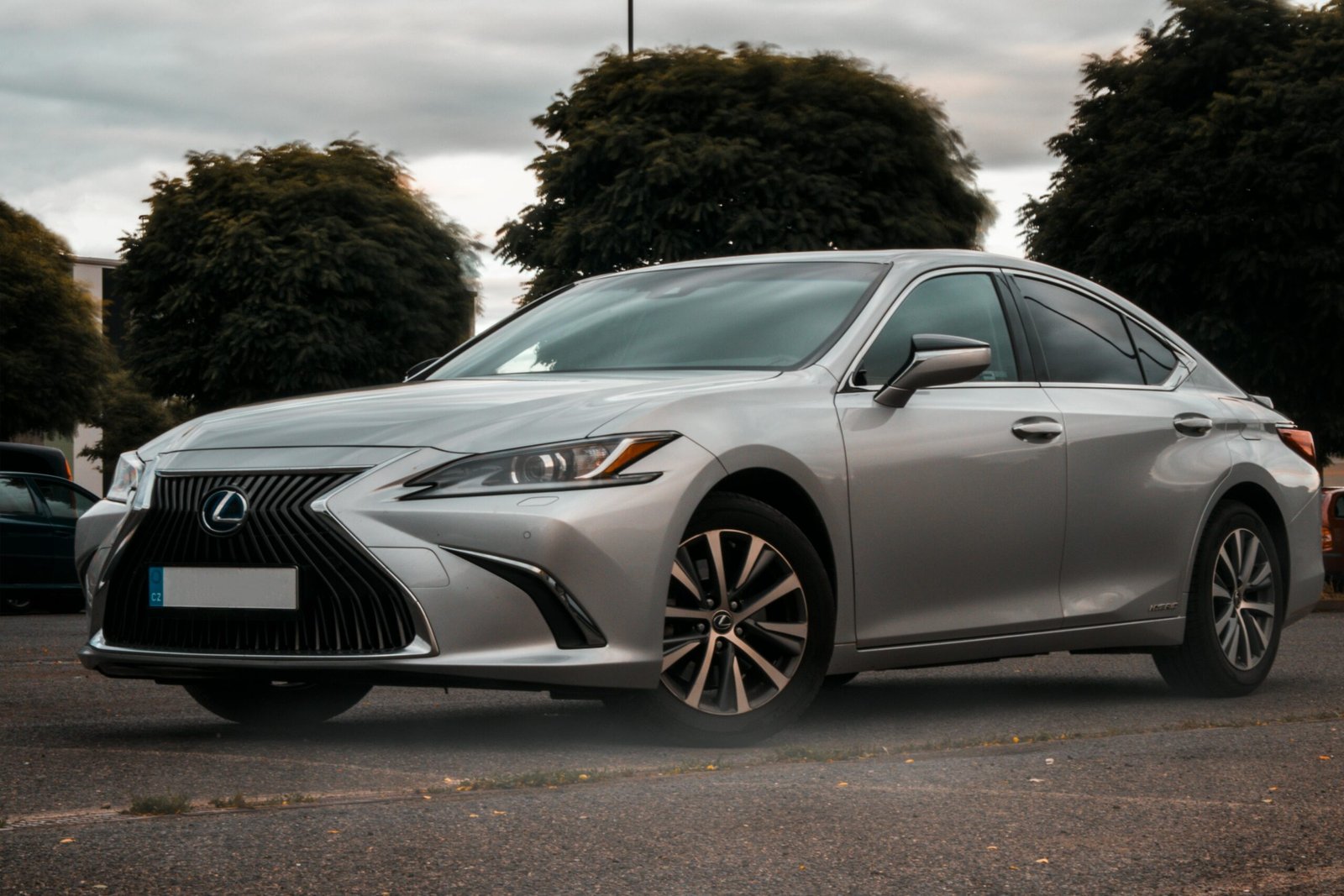In Europe, the choice of company cars often reflects both the status of the driver and the practical needs of the business. Company cars remain a popular perk and operational tool across a wide range of industries, from tech startups to manufacturing firms and service providers. However, not every car suits every role. An executive or business owner might seek luxury, performance, and brand prestige, while employees typically need reliability, low running costs, and comfort. This article explores the best company cars for both executives and staff across Europe in 2025, offering insight into what makes these models ideal choices.
Company Cars for Executives and Business Owners
Executives and business owners generally look for cars that embody prestige, comfort, technology, and often, environmental consciousness. Their vehicles are not only a mode of transportation but also a business statement.

1. BMW 5 Series
The BMW 5 Series is one of the top picks for executives. It balances comfort, performance, and a high-end interior, and it comes in multiple powertrain options, including plug-in hybrid and fully electric (i5).
- Advantages: Executive image, advanced driver assistance, hybrid option.
- Downsides: Higher insurance and maintenance costs.
2. Mercedes-Benz E-Class
The E-Class is synonymous with luxury. It offers an exceptionally smooth ride, elegant design, and a well-equipped cabin, perfect for long-distance business travel or meeting clients.
- Advantages: Cutting-edge infotainment, comfort, prestige.
- Downsides: Costlier than average, less sporty than BMW.
3. Audi A6 / A7
Audi’s A6 and A7 models combine style, tech, and all-wheel drive performance. The A7 offers a sleeker, more coupe-like profile that appeals to dynamic executives.
- Advantages: High-tech interiors, quattro AWD, strong resale value.
- Downsides: Conservative styling (A6), premium fuel costs.
4. Tesla Model S
Tesla remains a top choice for tech-savvy leaders and eco-conscious founders. The Model S offers over 600 km range (depending on version), Autopilot, and status as a forward-looking brand.
- Advantages: Electric, low running cost, high performance.
- Downsides: Service availability varies in Europe, expensive repairs.
5. Volvo S90 Recharge
For executives wanting Scandinavian minimalism with environmental consideration, the S90 plug-in hybrid provides luxury and excellent safety ratings.
- Advantages: Safety, hybrid efficiency, clean design.
- Downsides: Less flashy brand image.
Company Cars for Employees and Operational Use
For employees, whether sales representatives, technicians, or mid-level managers, the priorities are typically economy, safety, comfort, and reliability. Fleet managers also value total cost of ownership (TCO), fuel efficiency, and durability.

1. Volkswagen Golf
The VW Golf continues to be one of the most reliable and cost-effective vehicles for staff. It’s comfortable, easy to drive, and available in petrol, diesel, and hybrid variants.
- Advantages: Broad service network, good resale, low emissions.
- Downsides: Less cargo space than SUVs.
2. Toyota Corolla Hybrid
Toyota’s hybrid Corolla is renowned for its durability and efficiency, making it an ideal fleet choice for companies aiming to lower fuel and maintenance costs.
- Advantages: Exceptional fuel economy, reliability, eco-friendly.
- Downsides: Less powerful than competitors.
3. Peugeot 308 or 508
These French models offer surprising comfort and style at a reasonable price, especially in diesel or plug-in hybrid versions.
- Advantages: Stylish design, value for money.
- Downsides: Lower resale value than German cars.
4. Skoda Octavia
Skoda offers excellent space and practicality. The Octavia, based on VW tech, is perfect for fieldwork and long-distance driving with ample boot space and comfort.
- Advantages: Low TCO, spacious, robust engines.
- Downsides: Conservative design.
5. Ford Focus
A classic choice for company fleets, the Focus balances performance and efficiency. With good driving dynamics and safety features, it’s widely used across industries.
- Advantages: Affordable, reliable, accessible parts.
- Downsides: Interior design is less refined.
Electric Company Cars: The 2025 Trend
Electrification is no longer optional for many companies. With EU regulations and growing environmental awareness, more firms are adopting electric vehicles (EVs) for both executives and staff.
Top EV Picks for Companies:
- Tesla Model 3 – Affordable luxury and advanced tech.
- Volkswagen ID.4 – Compact SUV with good range and space.
- Hyundai Ioniq 5 – Fast-charging and futuristic design.
- BMW i4 – Suitable for both executives and upper-level employees.
- Renault Zoe – Small and efficient for city use.

Tax Benefits and Corporate Image
Many European countries offer tax advantages for low-emission and electric company vehicles. In places like the Netherlands, Germany, or the UK, choosing electric or hybrid cars for a fleet can result in:
- Lower company car tax (Benefit-in-Kind)
- Reduced VAT on vehicle purchase
- Subsidies for EV infrastructure
Moreover, opting for cleaner, high-quality vehicles enhances a company’s image among clients, investors, and job candidates.
Conclusion
Selecting the right company car depends on the role, company values, and long-term operational goals. Executives benefit from high-end, image-enhancing cars with performance and luxury, while employees need practical, fuel-efficient, and reliable vehicles. Electric cars are increasingly becoming the go-to choice across categories due to environmental and financial incentives.
Choosing wisely can reduce operational costs, boost morale, and even support sustainability goals. Whether it’s a Tesla for the CEO or a Skoda Octavia for the sales team, the right vehicle sends the right message—inside and outside the company.
Looking to build a modern business website for your company car fleet or mobility service? Visit Rakuzan.eu for professional web design solutions tailored for growing businesses. We also recommend using Hostinger for fast, reliable and affordable website hosting.
Disclaimer: This article is for informational purposes only and does not constitute financial, tax, or investment advice. Readers should consult with a licensed professional before making any financial or business decisions.





